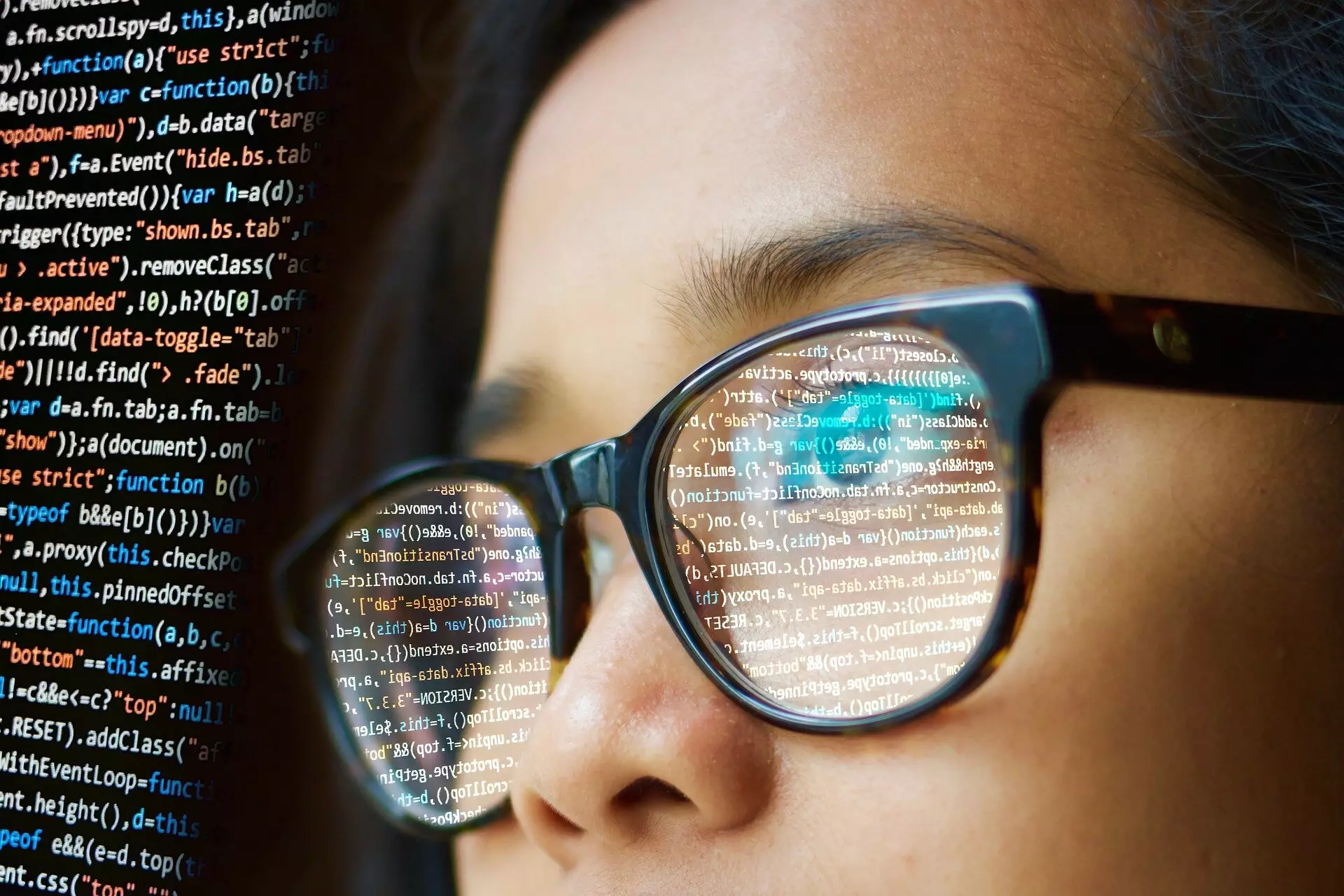Artificial intelligence continues to be a rapidly evolving field with significant implications for society. A recent study conducted by researchers at Washington University in St. Louis has shed light on an unexpected psychological phenomenon that occurs when individuals are informed that they are training AI. This phenomenon raises important questions about the impact of human behavior on the development of artificial intelligence.
The study conducted by Washington University researchers involved a series of experiments in which participants were asked to play the “Ultimatum Game.” In some instances, participants were told that their decisions would be used to train an AI bot to play the game. Surprisingly, participants who thought they were training AI exhibited a tendency to seek a fair share of the payout, even if it meant sacrificing some of their own earnings.
Interestingly, this behavior change persisted even after participants were informed that their decisions were no longer being used to train AI. This suggests that the experience of shaping technology had a lasting impact on their decision-making process. The study highlighted the importance of considering the human element in AI training and development.
The findings of the study have significant implications for AI developers. It is crucial for developers to be aware that individuals may intentionally adjust their behavior when they know it will be used to train AI. This underscores the need for developers to consider the psychological aspects of human behavior when designing AI systems.
Researchers also emphasized the importance of addressing human biases during AI training. Failure to account for human biases can result in biased AI systems that perpetuate societal inequalities. For example, facial recognition software has been found to be less accurate in identifying people of color, highlighting the need to address biases in AI training data.
While the study provided valuable insights into the influence of human behavior on AI training, there are still unanswered questions. Researchers did not inquire about participants’ specific motivations and strategies, leaving room for further investigation into the underlying reasons for the observed behavior changes.
Future research could explore how different factors, such as societal norms and individual values, influence the way individuals shape AI through their decisions. Understanding these factors could help developers design AI systems that are more ethical and equitable.
The study conducted by Washington University researchers sheds light on the complex relationship between human behavior and artificial intelligence training. The findings underscore the importance of considering the psychological aspects of AI development and highlight the need for developers to address human biases in AI training. By taking into account the human element in AI training, developers can create more ethical and unbiased AI systems that benefit society as a whole.


Leave a Reply